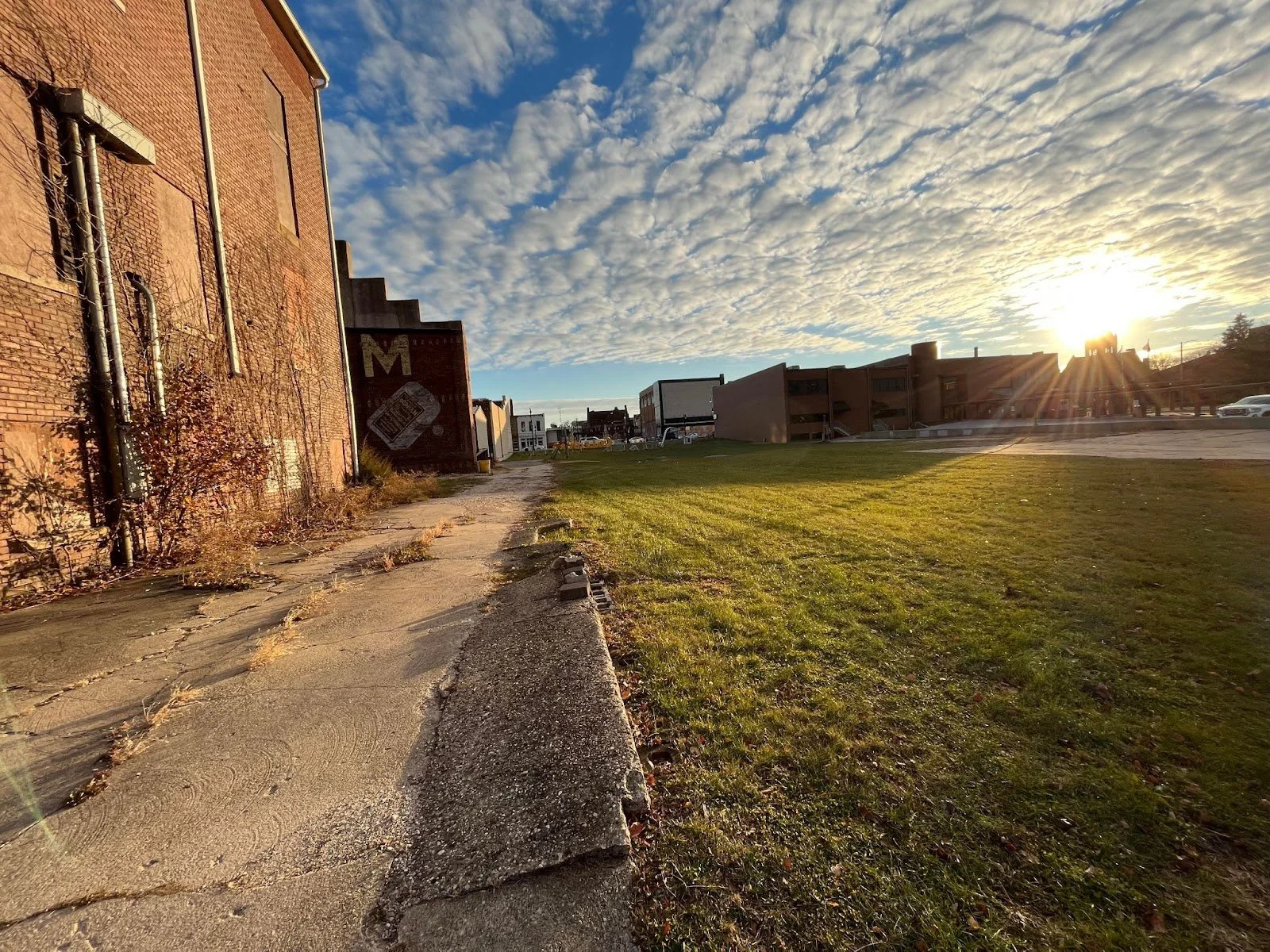How have we come to the conclusion that most short-term rentals are taxed as “residential,” when many have no residents?
Read MoreRecently, the North Carolina Ad Hoc Appraisals Committee was challenged to face their own biases and fix their broken property tax assessment system. Here’s what happened.
Read MoreAcross the country, the property tax system is causing economic hardship for homeowners—and it’s because the system itself is flawed.
Read MoreJoin the Urban3 team as they wade past Oklahoma City’s glittering amenities to take an up-close view of the real economic engine under the shiny enamel hood.
Read MoreStrong Towns is partnering with Just Accounting for Health and Urban3 in a project to uncover the presence, and effects, of biases in tax assessment standards.
Read MoreIn this follow-up to last week’s piece about Galesburg, IL, we’ll look at what the town needs in order to recover and thrive.
Read MoreCitizens of Galesburg, IL, are trying to save their public indoor pool and create a new activity complex. City council is sympathetic, but there's just one problem: money.
Read MoreBuilding to last is the only thing we can afford to do. The social and environmental costs of disposable buildings are far too high.
Read MoreBy building disposable structures, we are leading ourselves toward a socially, economically, and environmentally ruinous future.
Read MoreThe inequities in the tax assessment system are national. But the solutions will have to come from the bottom-up.
Read MoreCities are the economic engines of our society, yet as a recent report shows, their fiscal stability can be seriously affected by local tax limitations.
Read MoreThe test used to evaluate tax incentives is full of holes. Not surprisingly, this has led to problems, and not just in Kansas City. Here’s how to know whether tax incentives will be generating new economic activity…or just moving money around.
Read MoreTax incentives are a powerful weapon to attack urban problems. But Kansas City—like many cities—has a history of using them recklessly and ineffectively: more “Ready, Fire, Aim” than “Ready, Aim, Fire.”
Read MoreMany factors affect how much your local economy is being impacted by COVID-19. One is whether your city is cripplingly dependent on just one or two revenue sources. And especially if you’re dependent on sales taxes.
Read MoreThe slide into municipal insolvency isn’t as fun as they made it sound. It’s time for cities to #DoTheMath.
Read MoreConventional approaches to property taxation can be summed up as follows: “No good deed goes unpunished.” The Land Value Tax is the surprisingly simple alternative—and it can help spur the kind of growth we actually need.
Read MoreMedina, Washington is struggling to pay its bills. How can this be? And what does it mean for towns and cities that don’t have the two richest people in the world living there?
Read MoreProperty tax cap laws have been around for decades and are now on the books in 44 states — most recently in Texas. So why are we still surprised when they make our local communities more fragile and less resilient?
Read MoreIf local governments are going to lose money on residential development, then they have to make it up on commercial development. That’s a risky business model, one that doesn’t pencil out.
Read MoreTax-exempt properties have a significant fiscal footprint. Do we understand the impacts we create through the too-often wasteful way we design and build public facilities such as city halls, schools, libraries, and parks?
Read More



















